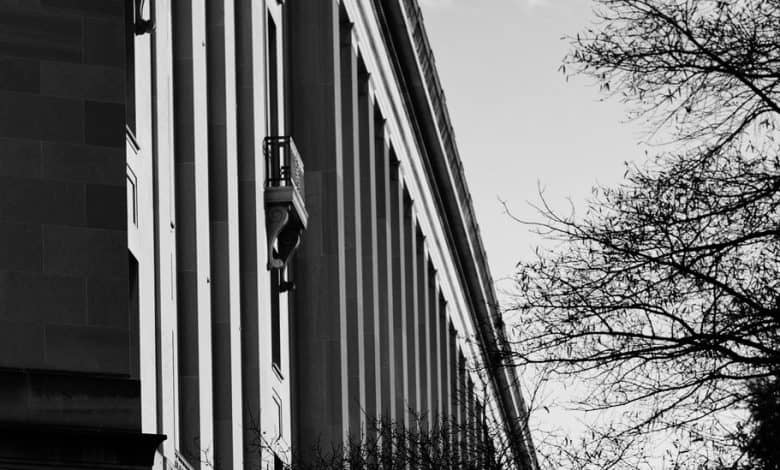It’s Time to End the Use of Special Counsels

On Tuesday, when the special counsel Robert Hur testifies before Congress, it will be high presidential-year political theater. This is just the latest example of the inversion of the aims of the special counsel office.
A special counsel is supposed to ensure that the Justice Department can credibly conduct sensitive investigations that are, and that appear to be, fair and apolitical. Yet special counsels (and their precursors) have for decades failed to achieve this goal — a failure that has now reached a peak with two special counsels having an extraordinary impact on a presidential election.
It is time to kill the special counsel institution.
Special counsels have had different labels over the years. They were first institutionalized when a post-Watergate statute created what came to be called an “independent counsel” appointed by a federal court upon application of the attorney general and removable by the attorney general or Congress only in extreme cases. This was the statute under which Lawrence Walsh investigated the Iran-contra scandal and Kenneth Starr investigated Whitewater and President Bill Clinton’s affair with Monica Lewinsky.
Both men — in calmer political times than today — drew sharp partisan attacks because of the political stakes and in response to their allegedly norm-breaking behavior. Their principal decisions were perceived by different parts of the country to be wildly unfair for (in the case of Mr. Walsh) giving credence to unproven facts and allegations against people not charged, or for (in the case of Mr. Starr) including salacious and politically damaging but legally irrelevant details in a referral to Congress that laid out grounds for Mr. Clinton’s possible impeachment.
Neither party shed a tear when the independent counsel statute lapsed in 1999. One consensus point at the time was that prosecutorial independence from the attorney general did nothing to arrest the perceived partisanship of the investigation but often did lead to over-investigation, undue commentary about targets and other instances of prosecutorial zeal. The supposed virtue of prosecutorial independence was viewed as a debilitating lack of political accountability.
The main aim of the 1999 regulations that govern special counsels today was to center accountability for sensitive investigations more firmly with the attorney general. The regulations gave the attorney general power to reverse a special counsel decision “so inappropriate or unwarranted under established departmental practices that it should not be pursued” and contemplated special counsel explanations of prosecutorial or declination decisions in a confidential report that the attorney general had discretion to disclose if in the “public interest.”
